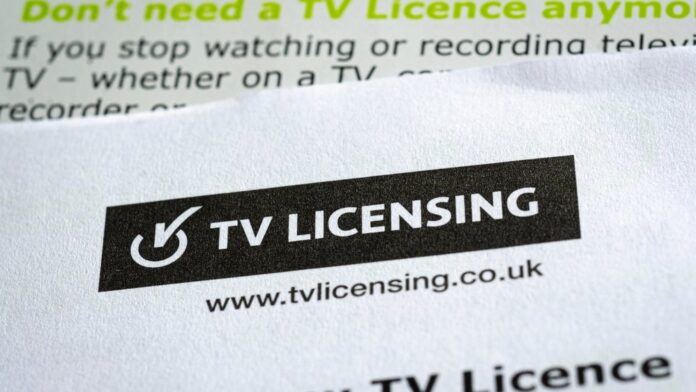The Government’s failure to enable a viable and alternative form of funding for the BBC means it will be forced to rely on the TV licence fee for the term of the next Charter according to MP’s
In a wide-ranging Report, The future of public service broadcasting, the DCMS Committee in the House of Commons concludes that the Government has left itself with no option on the licence fee, not least because it has failed to put in place the necessary broadband infrastructure that would facilitate other funding mechanisms.
As a result, the Government must now act quickly to end damaging speculation about decriminalising non-payment of the BBC licence fee with continuing uncertainty likely to boost evasion rates and lead to a further drop in funding.
The Report finds that Public Service Broadcasters are being let down by out-of-date legislation and calls for a new broadcasting act which would enable them to compete and thrive in a new media age with a right to prominence on digital platforms.
DCMS Committee Chair Julian Knight MP said:
“It’s clear that the BBC TV licence fee has a limited shelf life in a digital media landscape. However, the Government has missed the boat to reform it. Instead of coming up with a workable alternative, it has sealed its own fate through a failure to develop a broadband infrastructure that would allow serious consideration of other means to fund the BBC.
“Not only that, but the Government is effectively allowing the BBC to haemorrhage funds through non-payment of the licence fee as a result of continued speculation over decriminalisation of licence fee evasion, a situation it must bring to an end.
“To enable public service broadcasters to compete in a digital world, Ministers must renew broadcasting laws that are nearly 20 years out of date. It’s a question of prominence – too often public service broadcasters lose out on dominant platforms with content that’s hard to find or isn’t branded.
“However, there is more that public service broadcasters should be doing for themselves and only by pooling resources can they hope to compete with the likes of Netflix and the platforms. The collaboration by the BBC and ITV on ‘BritBox’ is a striking example of how they can work together to create a ‘one stop shop’ for video on demand content – a model for future work.”







